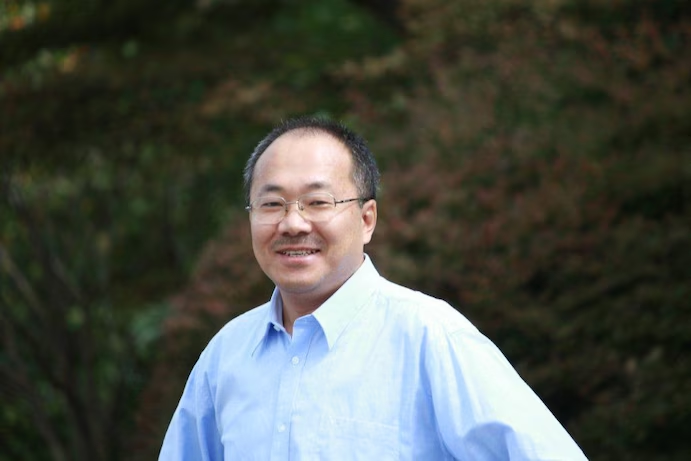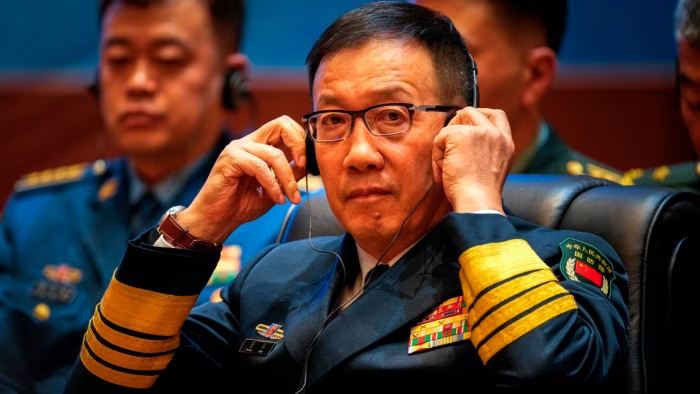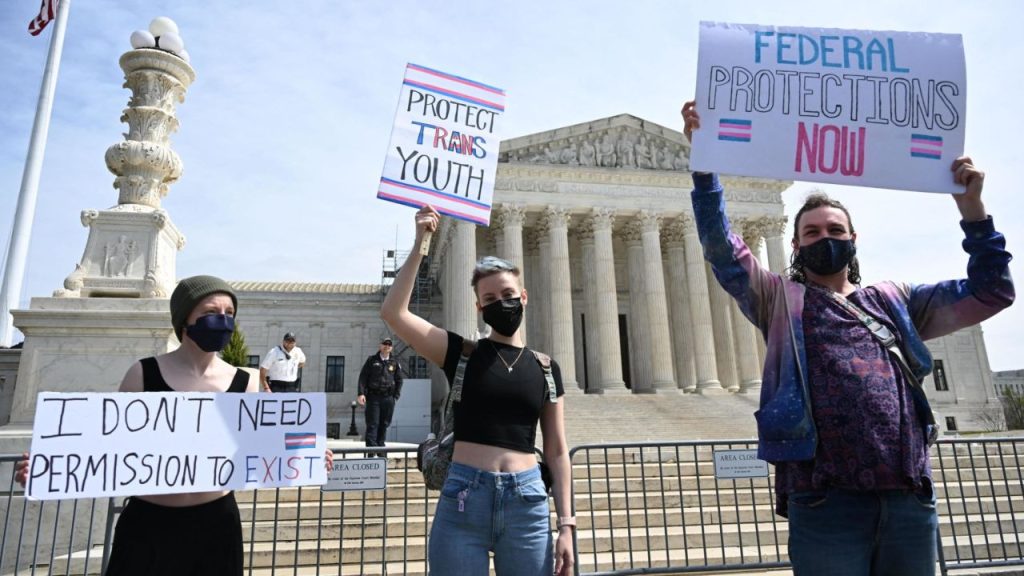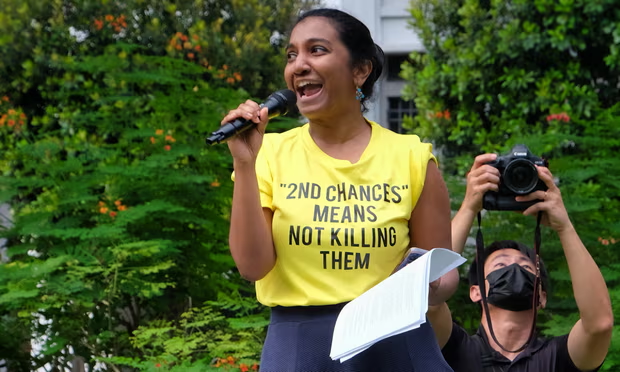Chinese Journalist and Former Harvard Fellow Sentenced to 7 Years in Prison

A Chinese journalist and former Harvard fellow, who had become a prominent critic of the Chinese government, has been sentenced to seven years in prison. This conviction marks the latest chapter in China’s ongoing crackdown on dissent and freedom of expression, particularly among those who challenge the ruling Communist Party. The journalist’s case has garnered international attention, highlighting the increasing risks faced by individuals in China who speak out against the government’s policies.
The Journalist’s Background
The individual in question, identified as a prominent Chinese journalist, had gained recognition both in China and internationally for her reporting and commentary on sensitive political issues. A former fellow at Harvard University, she had written extensively on topics such as government transparency, corruption, and human rights. Her work, which often provided a critical analysis of China’s leadership, was seen as a beacon for free speech and independent journalism in a country where media outlets are heavily controlled by the state.
However, her outspokenness and willingness to challenge the status quo did not sit well with the Chinese authorities, who have been increasingly aggressive in silencing critics, particularly those with international influence. The journalist’s coverage of issues such as the treatment of ethnic minorities, particularly in regions like Xinjiang and Tibet, and her reports on government censorship, led to her being targeted by the authorities.
The Charges and Trial
The journalist was arrested under charges that are often used to target dissenting voices in China, including “spreading false information” and “inciting subversion of state power.” These charges are vague and open to interpretation, making it difficult for those accused to mount a successful defense. Critics argue that such laws are often weaponized to silence independent journalism and political opposition, under the guise of national security.
Despite calls for her release from international human rights organizations, the journalist was subjected to a swift trial, with little transparency or due process. The trial took place behind closed doors, and reports indicate that she was denied the right to a fair defense. Many observers, including foreign diplomats, have criticized the lack of accountability in her trial and the broader crackdown on free speech in China.
Her sentencing has drawn widespread condemnation from human rights advocates, foreign governments, and organizations like Amnesty International, who view it as a direct attack on press freedom and human rights. The United States, the European Union, and various human rights groups have called for her immediate release, labeling the charges against her as politically motivated.
International Outcry and the Global Implications
The sentencing of the former Harvard fellow has sparked an outcry from the international community, with many calling it an example of China’s escalating suppression of free speech and its broader authoritarian practices. Advocates for press freedom argue that the case highlights the increasing risks faced by journalists, academics, and activists in China, particularly those who have a platform on the international stage.
In addition to the outpouring of condemnation, the journalist’s case also underscores the difficult position many international institutions and governments find themselves in when it comes to engaging with China. While China has become a major global economic power, its human rights record remains a source of significant concern. Governments and organizations are faced with the dilemma of balancing diplomatic and economic ties with the need to uphold fundamental human rights and freedoms.
The journalist’s case also serves as a reminder of the increasing pressure on individuals who have access to global platforms and who use their influence to challenge authoritarian regimes. As China’s government tightens its control over domestic media and the internet, it has sought to extend its reach internationally, attempting to curb the influence of critics abroad.
China’s Crackdown on Free Speech
The case of the Chinese journalist is part of a larger pattern of increasing repression of dissent in China. Over the past few years, the Chinese government has implemented stricter measures to control not only the domestic media but also social media and online platforms. Journalists, activists, and academics who criticize the government or report on sensitive topics such as the treatment of ethnic minorities or the handling of pro-democracy protests have faced imprisonment, harassment, and even surveillance.
This crackdown on free speech has been particularly evident in Hong Kong, where the national security law imposed by Beijing in 2020 has been used to stifle pro-democracy activism and independent journalism. Similarly, in mainland China, the government has detained numerous human rights lawyers, activists, and journalists under similar charges of “subversion” or “spreading rumors.”
The Chinese Communist Party (CCP) has long maintained that its policies are necessary to maintain stability and social harmony. However, critics argue that these actions are part of a broader effort to solidify the CCP’s control and to eliminate any threats to its power. This effort includes curbing independent media, silencing political opposition, and using technology to monitor and suppress dissent.
The Role of Global Advocacy
In response to this ongoing repression, global advocacy organizations have continued to push for greater accountability from China. They call for more pressure from the international community, including sanctions and diplomatic measures, to ensure the protection of human rights and press freedoms. There have also been calls for governments and international institutions to support independent journalists and human rights defenders, particularly those in China, who face increasing risks for doing their work.
In the case of the Chinese journalist sentenced to seven years in prison, international advocates are urging governments to take a stronger stance on press freedom and political rights in China. Their calls include demanding the journalist’s release and offering support to others who may be facing similar risks.
The sentencing of a Chinese journalist and former Harvard fellow to seven years in prison serves as a stark reminder of the ongoing erosion of press freedom and political rights in China. This case is part of a broader crackdown on dissent that has seen increasing numbers of journalists, activists, and academics arrested and silenced for their views. While the international community has expressed outrage over the trial, it remains to be seen what actions will be taken to hold China accountable for its human rights violations.
As global attention turns to China’s repression of free speech, it is clear that the struggle for press freedom and human rights in the country is far from over. The sentencing of this journalist underscores the high stakes for those who continue to challenge the Chinese government’s narrative and the ongoing risks faced by those who speak truth to power.






